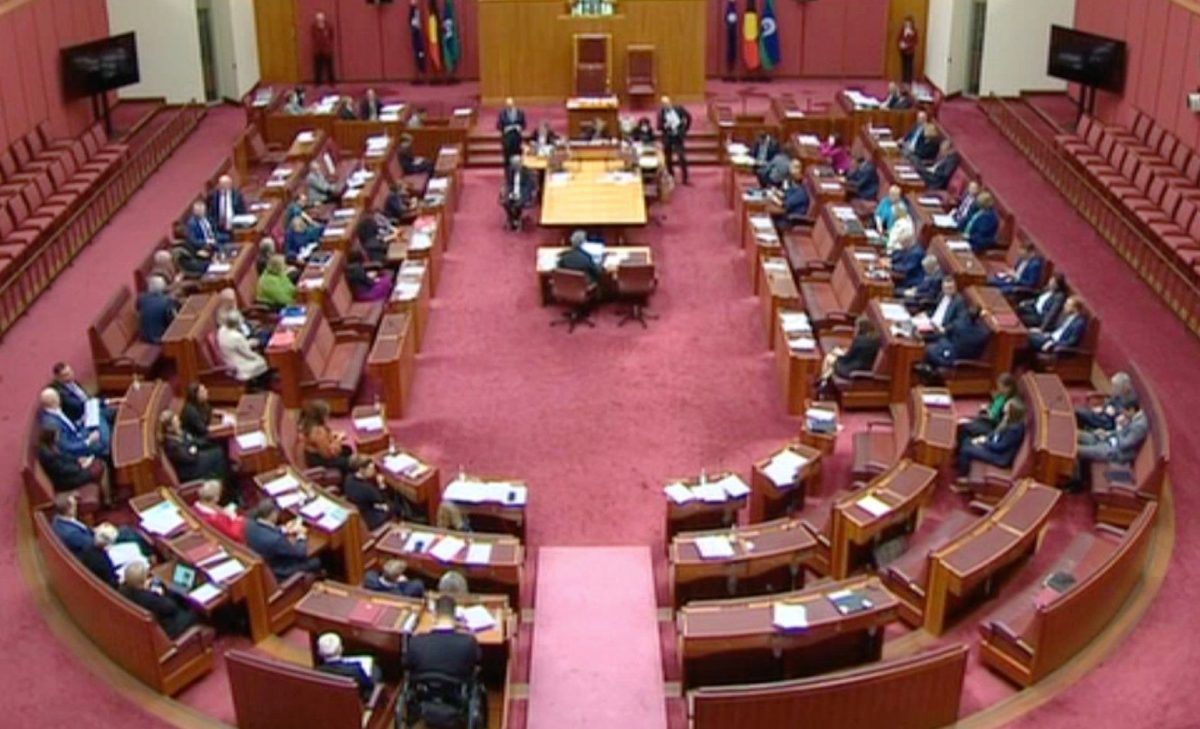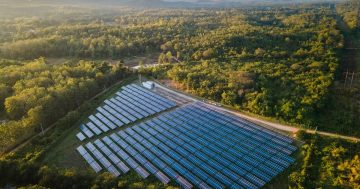
Parliament has passed the Albanese Government’s new carbon emissions reduction targets. Photo: APH.
A whole-of-government approach to carbon emission reductions will require agencies to take Australia’s new targets into account in their decision-making.
With the Parliament passing the Federal Government’s climate change bills on Thursday (8 September), a reduction target of 43 per cent by 2030 and net zero emissions by 2050 will soon be enshrined in law.
Labor’s 2030 target is 50 per cent tougher than targets agreed to under the former Coalition government.
The legislation, which passed in the Senate with the help of the Greens and independents, empowers the Climate Change Authority to independently provide the government with expert advice.
It will require bodies such as the Australian Renewable Energy Agency, the Clean Energy Finance Corporation, Infrastructure Australia and the Northern Australia Infrastructure Facility to embed amended targets in their objectives and functions.
All clean energy and infrastructure financing agencies will have to consider the new emissions targets in each of their decisions.
And every department will have emissions reduction reporting to adhere to.
Prime Minister Anthony Albanese said Australia has stumbled from one climate change policy to another for more than a decade, which has been far too long.
“This overdue legislation will provide the energy policy and investment certainty needed to usher in economic growth and opportunity in a decarbonising global economy,” Mr Albanese said.
Climate Change and Energy Minister Chris Bowen said the passage of the legislation has sent a message to the world that Australia is serious about driving down emissions and is serious about renewable energy.
“Legislating these targets gives certainty to investors and participants in the energy market and will help stabilise our energy system,” he said.
“It also strengthens transparency and accountability through the annual climate change statement and will ensure public debate informs government decisions.”
The Department of Climate Change, Energy, the Environment and Water has been totally committed to these changes, working overtime preparing for the legislation to be passed.
That dedication will be ramped up further as the new targets become law and the focus turns to agency compliance.
Industry, unions and conservation groups largely welcomed the successful passage of the legislation.
But the Greens have stated that although they voted for the new targets, they will seek to legislate to block any new coal mines and natural gas projects.





















